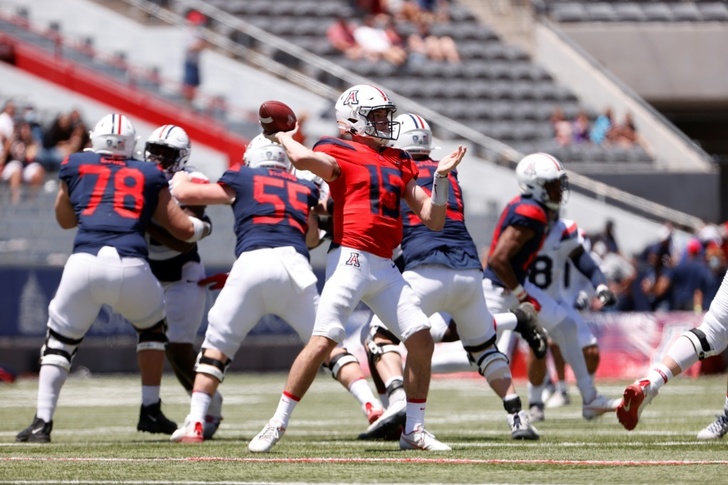US lawmakers heard proposals Wednesday for a new national standard regulating how college athletes are paid for their image rights -- one of the most polarizing issues in the sporting landscape.
College sports are hugely popular in the United States, with basketball and American football teams playing in packed stadiums and garnering national headlines as well as primetime TV coverage.
For a century, the athletes whose performances drove the money-spinning industry were held to strict standards of amateurism -- forbidden from being paid to play or earn money from promotional activities.
The National Collegiate Athletic Association (NCAA) prompted a seismic shift in 2021 by allowing college athletes to capitalize financially from their "name, image or likeness" (NIL) -- but regulation of the new regime has been patchwork.
Retired US football star Trey Burton, 31, told a House of Representatives panel that student athletes seeking promotional deals had been "thrown into a fire" with little to protect them from being ripped off.
"There needs to be a uniform set of NIL rules that everybody has to play by, no matter where the student plays or how large or small the school or sport is," said the former college star, who won the 2017 Super Bowl with the Philadelphia Eagles.
The controversy has been generating column inches ahead of the weekend semi-finals of the NCAA's "March Madness" men's basketball tournament -- a billion-dollar spectacle and a US television sports staple, where future NBA stars are showcased.
Burton is backed by the NCAA, which wants Congress to introduce a "uniform standard contract" for college athletes nationwide signing image rights deals -- and a new public registry of those agreements.
NCAA chairman Charlie Baker, a former two-term Republican governor of Massachusetts, has been meeting members of both parties on multiple trips to Capitol Hill to push for the reforms since his appointment in March.
- 'Fairness and equity' -
Under the proposals, college stars would be able to find out how much their peers are making, empowering them in negotiations, while companies would be able to check if they were being asked to pay a fair rate.
The legislation should also protect NCAA member schools from lawsuits from athletes who were denied the ability to make money from image rights in the past, the body says.
"Given that we compete for national championships, it is imperative that we have uniform NIL guidelines and expectations relative to NIL as opposed to the current framework of disparate or non-existent state laws and regulations," Kaley Mudge, a softball player at Florida State University, told the lawmakers.
"These national standards should guarantee student athletes the ability to pursue NIL opportunities... while also ensuring a healthy recruiting environment to promote fairness and equity, along with some measure of transparency to support the long-term sustainability of the NIL marketplace."
Fairness in student sports is a vexed issue that has prompted lawmakers to propose multiple bills in recent years. Committees from both the House and Senate held hearings in 2021, but neither chamber took any significant action.
Republicans have been focused on image rights, while Democrats have favored debating education and health reforms and unionizing athletes.
The issue was being debated in the Energy and Commerce Committee's Innovation, Data, And Commerce Subcommittee, in a hearing entitled "Taking The Buzzer Beater To The Bank: Protecting College Athletes' NIL Dealmaking Rights."
The topics of debate included whether college athletics should follow a different compensation model from pro sports, who should be allowed to negotiate image rights deals and how standards should be enforced.
ft/caw
© Agence France-Presse
Your content is great. However, if any of the content contained herein violates any rights of yours, including those of copyright, please contact us immediately by e-mail at media[@]kissrpr.com.
Source: Story.KISSPR.com

